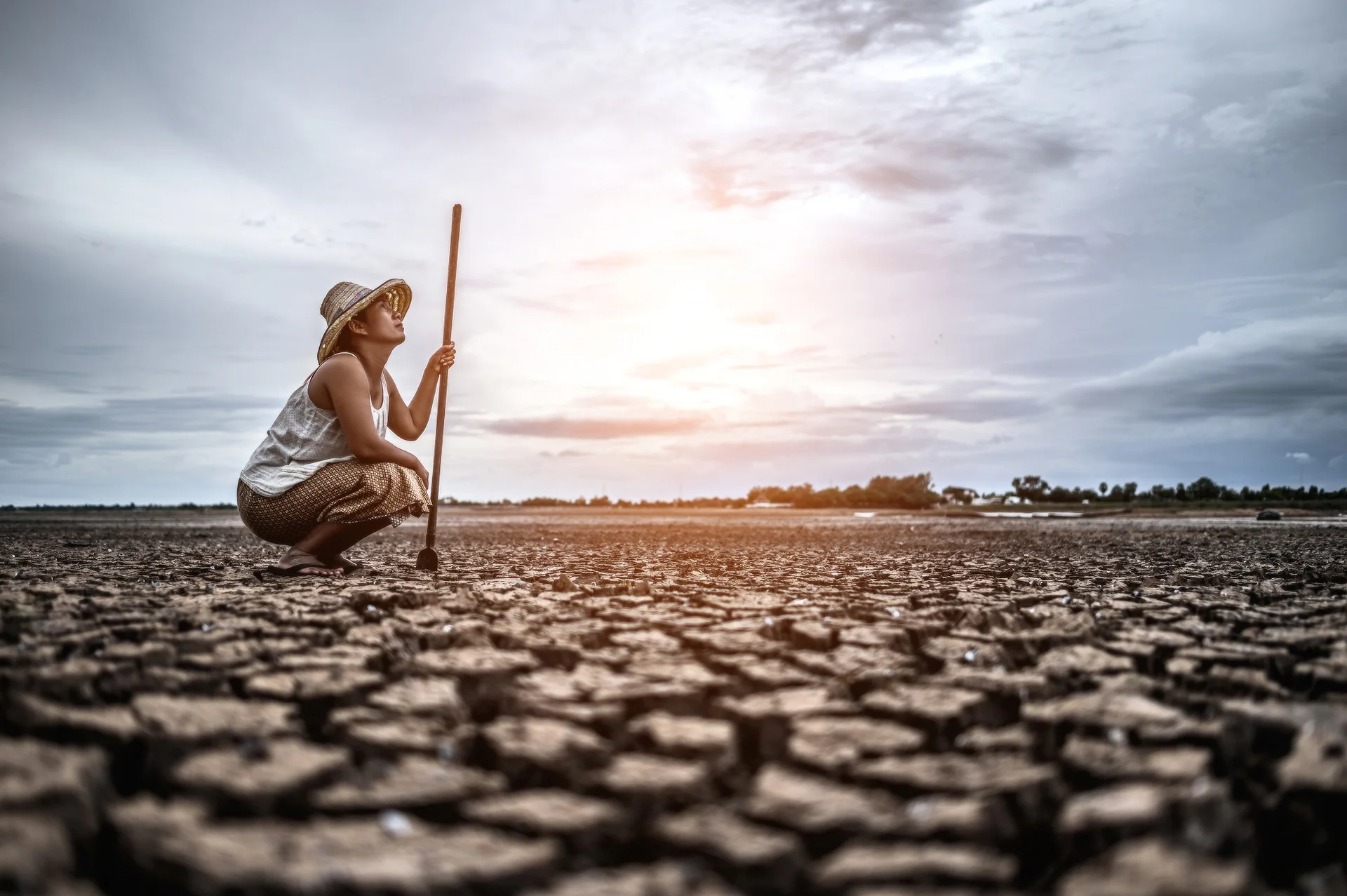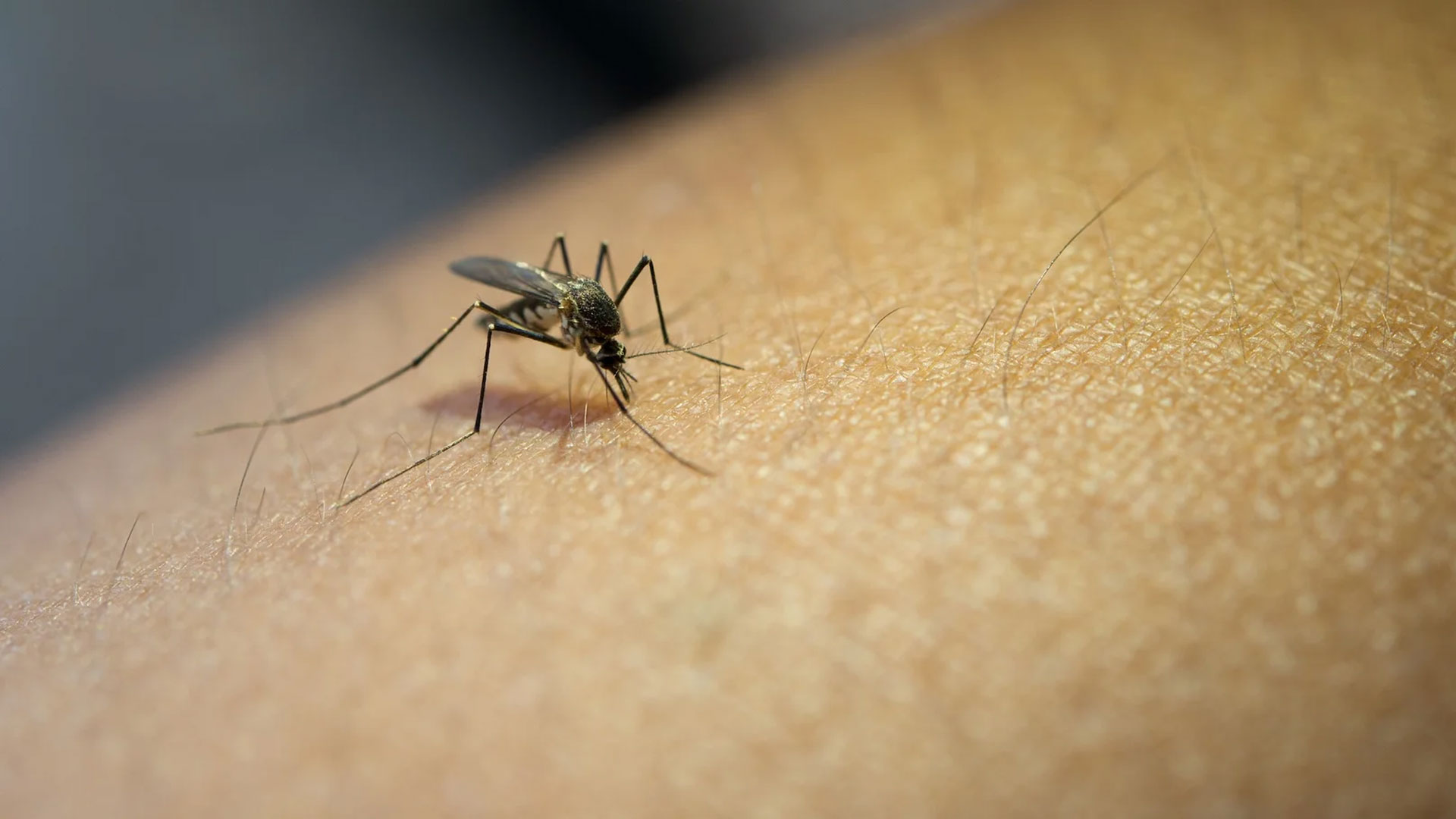"The climate crisis is quietly transforming not just nature, but also our bodies and mental health."

How Does Climate Change Affect Our Bodies?
Yesterday, in my opinion, was the last day of winter in 2024 — the final cold day before we step into summer.
Severe frost events occurred in many parts of our country. Blooming fruit blossoms froze, and fruits and vegetables that had begun to ripen were completely destroyed. The same applies to grains. It’s clear that the consequences of this recent disaster, which unfolded over just a couple of days, will be devastating.
Climate change is showing itself more violently each year. Temperatures reaching 30°C in mid-March can drop to 0°C within two days. While we may think we are adapting to these rapid changes by changing clothes and living in sheltered environments, scientific studies show this is not the case.
Rapidly changing climate conditions deeply affect three major organs in our body. The first is the brain. Rapid increases and decreases in temperature elevate the perception of stress in our brain. As a result, we experience chronic stress that we cannot release from our bodies. These ongoing climate-related heat and cold disasters can cause trauma. This trauma, in turn, may lead to permanent changes in the brain. Numerous scientific studies have shown that rising temperatures significantly impair our cognitive performance, and an increase in the number of sunny days is triggering sleep problems. For all these reasons and more, “mental health” is likely to become one of the most critical issues of the future.
The second most affected organ is our skin. For example, due to the extreme cold we experienced over the past few days, many of us likely felt a painful tension around our lips — known as “cold burns.” Increasing skin dryness and sun exposure are leading to more blemishes, moles, and wrinkles, which have become a gift from the climate crisis.
Scientific studies also show that sudden temperature changes caused by these extreme weather events are disrupting our body’s electrolyte balance, making it increasingly difficult to stay hydrated. These findings point to a growing threat to our kidney health. That’s why it’s more important than ever to pay attention to our water intake and maintain proper electrolyte levels.
The climate crisis is telling us this: we must care more for nature and what we have, deepen our connection with the natural world, and value every inch of soil, every drop of water, and every breath of air. We must move toward the future with this awareness.
There is much to be done for the future.















